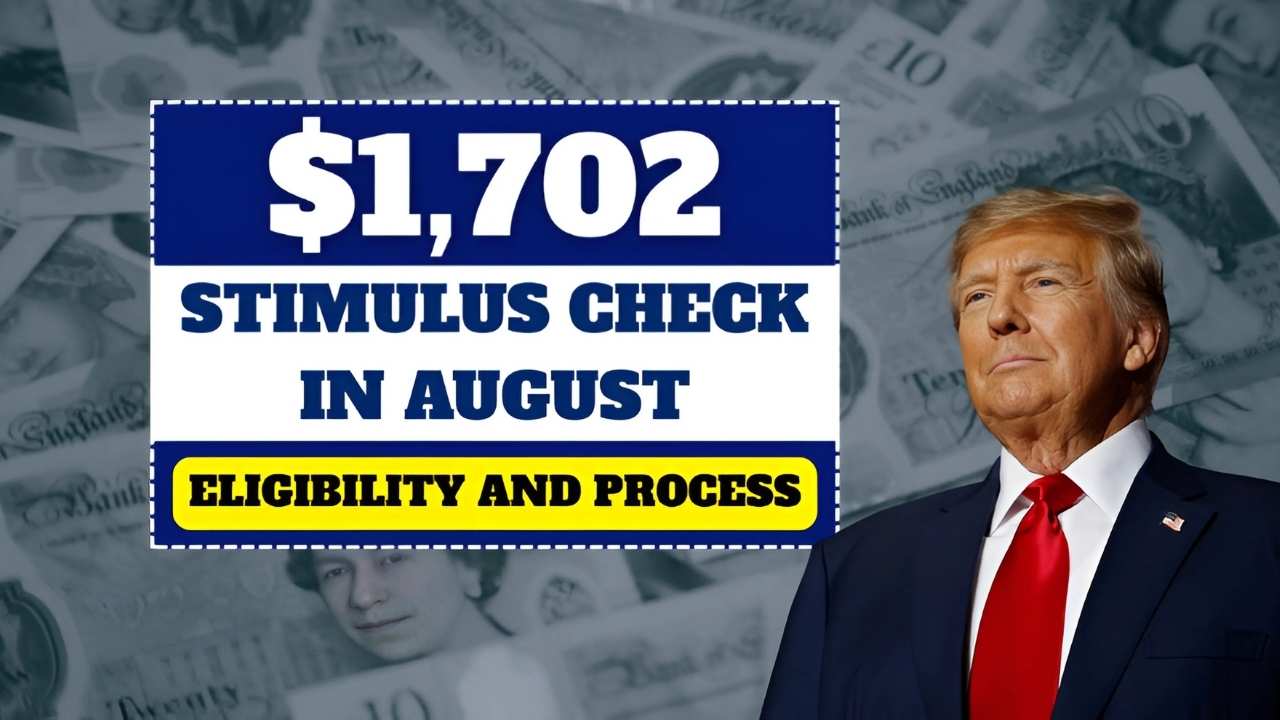If you’re 70 or older and renewing your driver’s license in 2025, there are some important changes to understand. The US Driving License Rules for Seniors 2025 bring new requirements like vision tests, more frequent renewals, and digital ID options to keep roads safe and licenses secure. These updates aim to balance safety with the independence seniors value, but they can feel overwhelming. Here’s a simple guide to help you stay prepared and keep driving confidently.
What’s Changing in 2025?
The 2025 rules focus on improving road safety, reducing fraud, and using modern technology. For seniors aged 70 and up, many states are introducing stricter requirements to ensure drivers remain capable behind the wheel. Here’s what’s new:
- More Frequent Renewals: Some states require seniors to renew licenses every 2–5 years instead of the standard 8 years.
- Mandatory Vision Tests: Most states now require vision screenings at every renewal for drivers 70+ to check for issues like cataracts or glaucoma.
- In-Person Renewals: Seniors often need to visit the DMV in person, rather than renewing online or by mail.
- Digital Licenses: Some states offer digital licenses you can carry on your smartphone, though this may be tricky for seniors unfamiliar with apps.
- REAL ID Compliance: All licenses must meet federal REAL ID standards, requiring extra documents like proof of Social Security and residency.
- Medical or Cognitive Checks: In certain states, seniors may need medical clearance or cognitive tests if there are concerns about their driving ability.
These changes aim to keep roads safe while ensuring seniors can maintain their independence.
Key Changes at a Glance
| Change | Details |
|---|---|
| Age-Based Renewals | Seniors 70+ may need to renew every 2–5 years, often in person. |
| Vision Tests | Required at every renewal in many states for drivers 70+. |
| Digital Licenses | Available in some states via smartphone apps. |
| REAL ID | Requires proof of identity, Social Security, and residency. |
| Medical Screening | Some states require health checks for seniors, especially if issues are reported. |
Why These Changes?
The updates are driven by a few key goals:
- Road Safety: Aging can affect vision, reflexes, and decision-making. Regular checks ensure seniors can drive safely.
- Fraud Prevention: REAL ID rules make it harder to create fake licenses, improving security for travel and identity verification.
- Modern Technology: Digital licenses streamline processes, like showing ID at airports or during traffic stops.
For seniors, these rules focus on ability, not just age, so capable drivers can stay on the road.
How to Renew Your License in 2025
Renewing your license as a senior is straightforward if you’re prepared. Here’s what to do:
- Check Your State’s Rules: Visit your state’s DMV website to confirm requirements, as they vary. For example:
- California: Seniors 70+ must renew in person every 5 years with a vision test.
- Florida: Drivers 80+ need vision tests and renew every 6 years.
- Illinois: Vision tests for 75+; road tests required at 87+.
- Gather Documents:
- Proof of identity (birth certificate or passport).
- Social Security number (SSN card or tax form).
- Proof of residency (utility bill or lease).
- Schedule a DMV Appointment: Book online or visit in person.
- Pass the Vision Test: Ensure your vision meets the minimum standard (usually 20/40 with glasses or contacts).
- Complete Additional Tests: If required, provide medical clearance or take a cognitive or road test.
- Pay Fees: Fees vary by state, typically $20–$50.
- Get Your License: Choose a physical or digital license, depending on your state.
Tips for Seniors
- Get Your Eyes Checked Early: Visit an optometrist 2–3 months before renewal to address vision issues.
- Take a Driving Course: Some states waive road tests if you complete a defensive driving course.
- Update DMV Records: Ensure your address and medical details are current to avoid delays.
- Practice Using Digital Tools: If your state offers digital licenses, ask a family member or friend to help you set up the app.
- Ask for Help: DMVs often provide support for seniors navigating new systems.
Addressing Viral Rumors
You may have heard claims about a new federal law starting in July or August 2025, requiring seniors 70+ to take vision, cognitive, and road tests. These claims are false. There is no national law mandating these rules. Instead, each state sets its own requirements for senior drivers. For example, Illinois requires road tests at 87, while California focuses on vision tests at 70. Always check your state’s DMV website for accurate information.
Benefits and Challenges
Benefits:
- Safer roads through regular vision and health checks.
- Enhanced security with REAL ID and digital licenses.
- Continued independence for seniors who pass required tests.
Challenges:
- Some seniors may struggle with digital license apps or online systems.
- More frequent renewals and in-person visits can be inconvenient, especially in rural areas.
- Extra tests may feel intimidating, but they’re designed to ensure safety.
States are offering support, like in-person assistance and alternative options for those who prefer physical licenses, to ease the transition.
FAQs
What age do senior driving rules apply?
Most states start stricter rules at age 70, like vision tests and in-person renewals.
Is REAL ID required?
Yes, by May 7, 2025, all licenses used for air travel or federal access must be REAL ID-compliant.
Can I get a physical license instead of digital?
Yes, most states offer physical licenses, though some encourage digital options.
What if I fail the vision test?
You may be referred to an eye doctor for further testing. If vision issues can’t be corrected, a restricted license or alternative transportation options may be offered.
Are there federal rules for senior drivers?
No, driver’s license rules are set by individual states, not the federal government.
By staying informed and preparing early, seniors can navigate the US Driving License Rules for Seniors 2025 with ease, ensuring they stay safe and mobile on the road.




